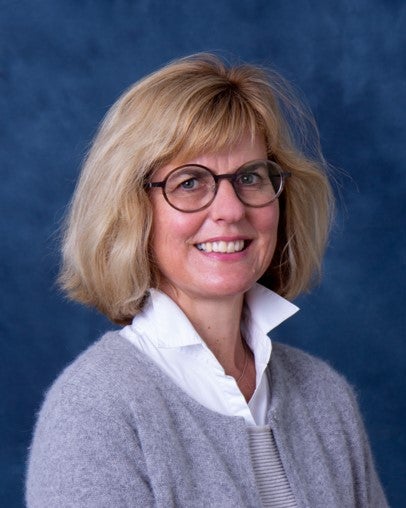What is the project you are currently working on about?
The general topic of my PhD is about how we can educate physicians and midwives in autonomy support during prenatal consultations. Consultations in prenatal care are very delicate as the decisions mothers have to make about their pregnancy and their unborn child can have a major impact on their life and wellbeing. Therefore, the focus of my PhD is mainly on how we can guarantee that the autonomy in parents is supported during those consultations, and find ways to ensure that decisions are not influenced by internal or external pressure. For this, I base my investigation on the self-determination theory. This theory is already well established in education; however, the theory is less known in the field of medical consultation. In a first step, I did a realist review that analyzed autonomy support during consultations. I developed a table of activities that are relevant in each phase of the consultation to enhance autonomy. Based on this review and an instrument used by the Ghent university in chronic care, I created an observation tool to evaluate prenatal consultations in the Netherlands.After a qualitative adaptation and validation of the instrument, I am currently in the process of a quantitative validation of the observation tool.
What are examples of the activities you identified as relevant to support autonomy during a consultation?
First, it is important to know that there are various ways to support autonomy; there is not one right or wrong way. However, healthcare professionals have to be aware of their consultation style and attitude. This awareness can then enhance their ability to adapt their strategy towards the needs of each client or patient. My instrument aims to help professionals to identify their strengths and weaknesses in their consultation style.
Activities I identified as relevant to support autonomy are, for instance, giving information and advice in a non-directive way. The patient or client needs to understand that the given advice is your professional advice but there is freedom to make a different decision. Furthermore, the client needs to know that there is time to think. It needs to be emphasized that the opinion of close family members or the partner should be taken into consideration as well and that it is not necessary to make a decision right away. To identify whether the patient or client is ready to make the decision is one of the main tasks the physician or midwife has to accomplish and then they must react accordingly.
Why do you thrive on this topic?
Supporting clients to make their own decision is very difficult for all medical professionals. I hope that with my research I can improve the education of healthcare professionals so that they are well equipped to support and accompany parents during this process of making decisions.
Read the whole interview here.
